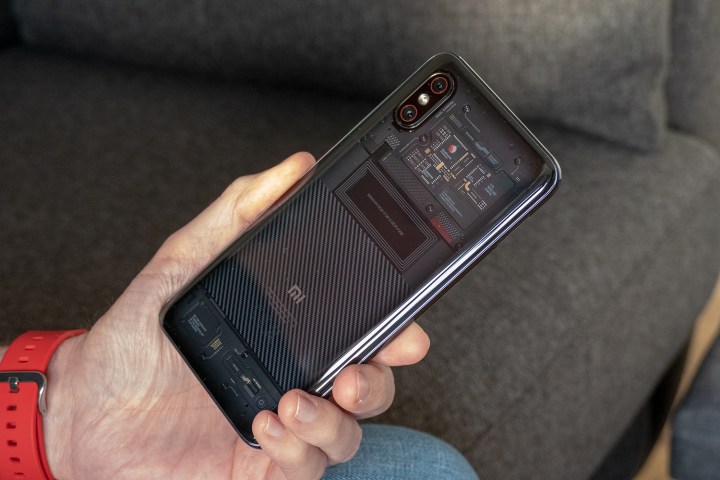
Chinese smartphone manufacturer Xiaomi has bought a very small slice of TCL, the company that produces Alcatel’s and Blackberry’s smartphones and manufactures a large amount of TVs. According to Hong Kong newspaper The Standard, this small share (a 0.48 percent interest) bought for 167 million Chinese yuan (roughly $24.4 million) is part of a new strategic agreement that will enable the companies to help each other develop smart devices and appliances.
We can expect the two companies to start sharing resources, and Xiaomi’s founder and chairman Lei Jun has stated he expects the partnership to beneficially impact Xiaomi’s home appliance business, thanks to shared research and development and a boosted supply chain. Xiaomi has long depended on the revenue from its smartphone division, but it has expressed more than a small interest in the Internet of Things and inter-connected smart devices. It’s not doing too badly in these areas either — according to Mobile World Live, Xiaomi connected more than 132 million smart devices (not including smartphones and laptops) as of September 30, 2018.
It’s unknown which specific areas TCL is looking to boost with the Xiaomi partnership, but it’s possible we could start to see more Xiaomi-based technology in Blackberry and Alcatel phones going forward. It’s also worth mentioning that TCL is something of a hardware specialist behind the construction of everything from white goods to Amazon’s Echo Dot and the Google Home smart speaker. TCL played it safe at CES this year with some simple soundbars — but it blew us away with a huge 8K TV. With TCL also having invested an extra $25 billion into display panel technology, it’s possible we could see some serious upgrades to Xiaomi’s hardware soon.
This isn’t an unexpected move from Xiaomi. While the company may have previously been in Huawei’s shadow as a company also trying to delivey low-cost, high-quality devices, Xiaomi has really started pushing for a larger market. November 2018 saw it officially launch in the U.K., offering its phones to a larger audience. Outside of smartphones, it’s also seen a lot of success in the wearables market, where it overtook Apple in the third quarter of 2018 to become the top wearables seller in the world.


